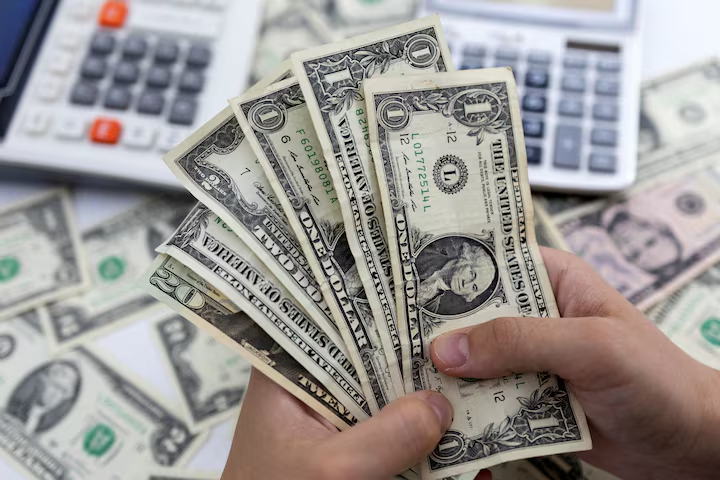A growing contradiction between official exchange rates and real-world market dynamics is wreaking havoc on Ghanaian businesses, particularly importers, who say they are being crushed by an alarming shortage of US dollars at commercial banks—despite claims by the Bank of Ghana (BoG) of a stable cedi.
In a strongly-worded press statement issued this week, the importers, represented by Mr. Robert Tettch Nortey (Convenor) and Mr. Francis Oti Boateng (Secretary), decried what they described as a “crippling” gap between the BoG’s stated rate and the actual availability of foreign currency.
According to the BoG, the Ghanaian cedi currently stands at an official rate of GH₵10.30 per US dollar. However, importers claim that, in practice, they are unable to purchase dollars at this rate from any commercial bank, as these institutions continue to cite a lack of supply. This has left businesses with no choice but to resort to the black market, where the dollar is trading for over GH₵13, creating a staggering 26% premium over the official rate.
“While we welcomed the news of the cedi’s stability, we are now facing a far more dangerous reality—commercial banks simply do not have the dollars to sell,” said the group in their statement.
The importers argue that the BoG’s monetary policy is failing to translate into tangible benefits for the real economy. They point to a fundamental disconnect: a stable exchange rate on paper, but no liquidity in practice.
“The BoG claims a stable rate of GH₵10.3 to the dollar, but that rate only exists on paper. If the banks can’t sell dollars at that rate, then what’s the point of the announcement?” the group questioned, adding, “Do the banks themselves not believe in the rate?”
This situation, according to analysts, may reflect a deeper crisis of confidence among banks in the sustainability of the BoG’s rate, or perhaps, a troubling insufficiency in the country’s forex reserves.
The effects of this currency paradox are not theoretical. Import-dependent businesses are now paying significantly more for goods, raw materials, and production inputs—costs that are swiftly being passed on to consumers.
“If you’re buying dollars at GH₵13 to import rice, cement, or car parts, don’t expect to keep prices stable,” one business owner told this publication. “We can’t keep absorbing these losses.”
This feeds directly into inflation, weakening consumer purchasing power, and undoing any recent gains in economic stability. It also incentivizes participation in the unregulated black market, undermining Ghana’s formal banking system and reducing transparency in financial transactions.
The importers are now urging the BoG and government to match policy with reality.
“We are pleading with authorities: Let what they announce on paper be the reality in practice. If this is not checked, prices of goods will continue to go up,” the group stated.
They further called on the BoG to not only publish exchange rates but also ensure actual liquidity and compliance within the commercial banking sector.
This public outcry places additional pressure on the central bank, which has touted cedi stability as one of its key achievements in recent months. Yet, if that stability does not reflect access to affordable foreign exchange, many now argue that the success may be more cosmetic than substantive.
As businesses continue to scramble for scarce dollars, the question looms: Is the BoG’s policy framework strong enough to hold, or is the black market now the true determinant of Ghana’s exchange rate?
For now, importers say they’re stuck between a paper rate that doesn’t exist and a black market they don’t want to depend on—but increasingly must.

